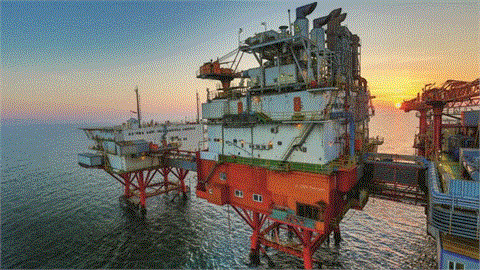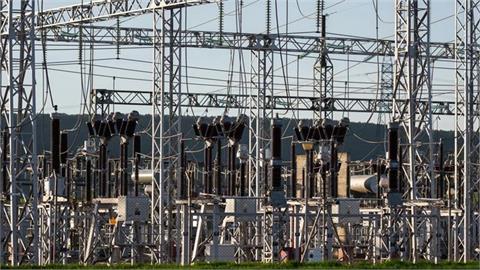Last year, 234 facilities received financial backing under the Renewable Energy Support Mechanism (YEKDEM scheme) in Turkey, more than 2.5 times from 2014 levels, according to the Energy Market Regulatory Authority’s (EMRA) latest data.
Companies planning to generate electricity through renewable energy are eligible to receive funding depending on the project’s specific features. In order to receive funding, companies have to apply a year in advance to be included in the scheme.
Since the scheme’s start in 2011, a total of 463 renewable energy plants were granted support for every kilowatt-hours of electricity production, according to EMRA's recent data.
Renewable energy plants under the scheme are granted incentives based on their energy sources.
Hydropower and wind plants get 7.3 cents per kilowatt-hours of electricity generation. Geothermal gets 10.5 cents while biomass receives 13.3 cents.
Projects employing locally generated equipment in their plants get an additional 0.4 cents to 3.5 cents per kilowatt-hours of generation.
The number of projects increased rapidly from 20 in 2011 to 93 in 2014 and surged to 234 last year.
In 2015, of the facilities to receive support, hydropower plants were at the top of the list with 126 eligible facilities. The second electricity source to receive the most funding was wind plants with 60 approved projects. Biomass followed with 34 and geothermal with 14.
Installed capacity of scheme-backed renewable energy projects in 2015 totaled 5,423 megawatts, up 3,625 megawatts from 2014.
Total installed capacity in Turkey jumped by 5.22 percent to 73,147 megawatts in 2015 and renewable energy made up 7.4 percent of the total installed capacity.
Last year, electricity generation via renewables under the scheme reached 17.7 million megawatt-hours, 6.8 percent of the total electricity production in Turkey.
Wind energy generated the most electricity, over 8.2 million megawatt-hours. Hydropower followed with 5.6 million megawatt-hours.
In 2015, the highest electricity generation was seen in April and the lowest was in September.(Anadolu Agency)



